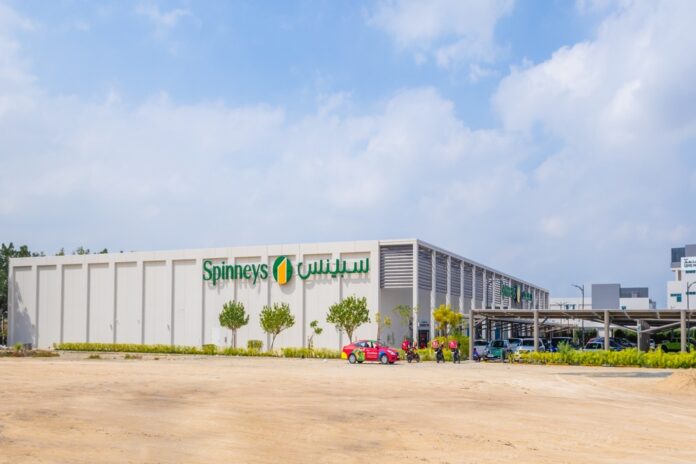Ayala Corp., the diversified investment holding company of the Ayala Group, is partnering with United Arab Emirates‑based Spinneys, a leading premium fresh‑food supermarket chain, to launch Spinneys stores in the Philippines—a move that deepens Ayala’s push to bring global retail standards to Filipino consumers.
Spinneys, owned by Al Seer Group and operating across more than 20 countries, is best known in the UAE for its high‑quality fresh produce, specialty foods, and brand‑led customer experience.
Under the joint venture, Ayala will blend its strong real‑estate footprint, logistics reach, and local market insight with Spinneys’ refined retailing know‑how to serve a growing segment of Filipino shoppers willing to pay for freshness, service, and prestige.
Financial details of the joint venture weren’t made immediately available.
This latest partnership follows Ayala’s other global tie‑ups: the revival of Makro stores with Thailand’s CP AXTRA, launches of lifestyle brand Anko from Kmart Australia, and its agreement with BYD for electric vehicles. Together, these ventures signal Ayala’s strategy of selective collaboration to expand its reach and enrich its offerings across sectors.
“Philippines offers significant long‑term growth potential,” said Sunil Kumar, Spinneys chief executive officer in a statement. “Strong economic fundamentals, a growing affluent population, and increasing demand for high‑quality offerings make this a natural expansion. We bring our operational expertise; Ayala delivers local trust and market depth.”
Ayala President and CEO Cezar P. Consing said the partnership should provide Filipino consumers better retail experience. “We are honored to be the first partner of Spinneys outside the GCC. This investment is not just about new stores—it’s about elevating retail standards and enhancing choices for Filipinos,” he said.
The Ayala‑Spinneys venture targets a premium slice of the Philippines’ retail market, which is increasingly well‑connected and quality‑conscious. With rising incomes, more urban consumers, and a retail real‑estate boom, demand for upscale grocery options is growing. The challenge will be balancing price expectations with the high cost of importing premium goods, maintaining consistent supply chains, and ensuring that the brand appeal remains high enough to offset higher margins.
If successful, this move could set a new bar for grocery retail in the country, compelling competitors to up their game.







